Resources
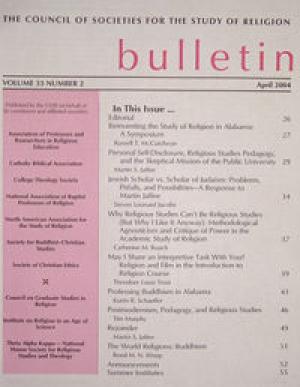
Journal Issue.
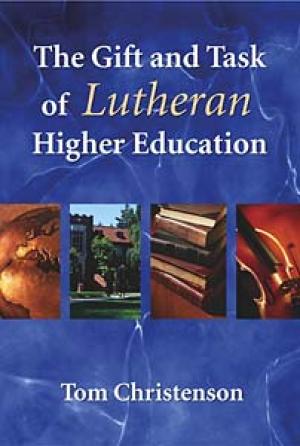
Why should Lutherans care whether there are any ''Lutheran'' colleges and universities? Why should people who study, teach, and work in colleges and universities care whether they are ''Lutheran'' or not? And, maybe most significantly, what does the continued robustness of Lutheran higher education have to contribute to the church and to life and work in the broader public arena? Tom Christenson has thoughtful and persuasive answers to all these questions, and more. (From the Publisher)
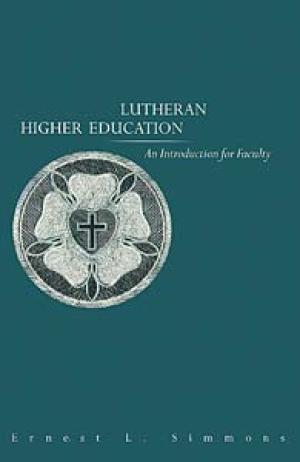
The Lutheran model of higher education affirms the diversity and need to dialog with multiple points of view within a context of academic freedom and christian presence. The great challenge for the future of Lutheran higher education is to keep the questions of faith and learning alive on our campuses. (From the Publisher)
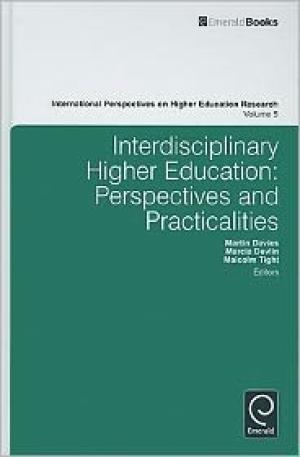
In an age of pressing global issues such as climate change, the necessity for countries to work together to resolve problems affecting multiple nations has never been more important. Interdisciplinarity in higher education is a key to meeting these challenges. Universities need to produce graduates, and leaders, who understand issues from different perspectives, and who can communicate with others outside the confines of their own disciplines. Drawing on contributions from 37 scholars from Australia, New Zealand, Hong Kong, Malaysia, the Netherlands and the United Kingdom, this volume examines issues inherent in providing interdisciplinary education within the structures of universities and proposes ways in which these issues might be best managed. The book has a dual focus on perspectives and practicalities. Themes covered include: the need for graduates who can work within and across multi-disciplinary and multi-professional teams; interdisciplinary leadership; the critical importance of interdisciplinary thinking to meet global challenges; collaboration in interdisciplinary approaches to teaching and learning; the role of institutional and other systems to support interdisciplinary endeavours; the centrality of disciplines; balancing disciplinarity and interdisciplinarity; and the place of interdisciplinarity in graduate outcomes and attributes. Definitional aspects of interdisciplinary higher education and current interdisciplinary practice across a range of contexts are also examined. Contributors represent a wide range of discipline areas, including accounting, academic development, agriculture, food and wine science, biotechnology, employment relations, environmental science, the health sciences, higher education, land and environment, languages and cultures, occupational therapy, science communication, social work and social policy. (From the Publisher)
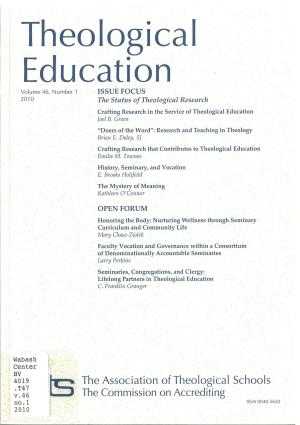
Journal Issue. Full text is available online.